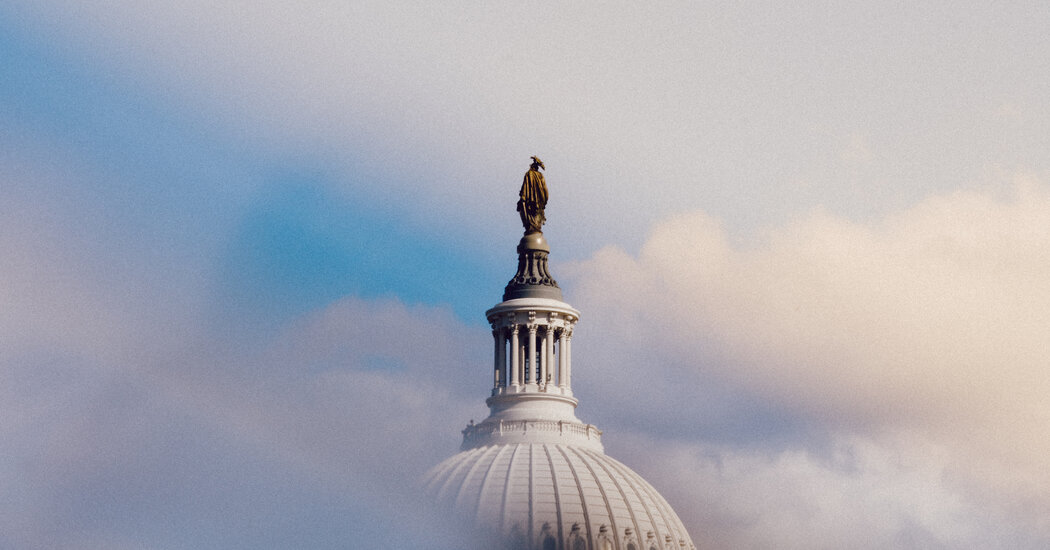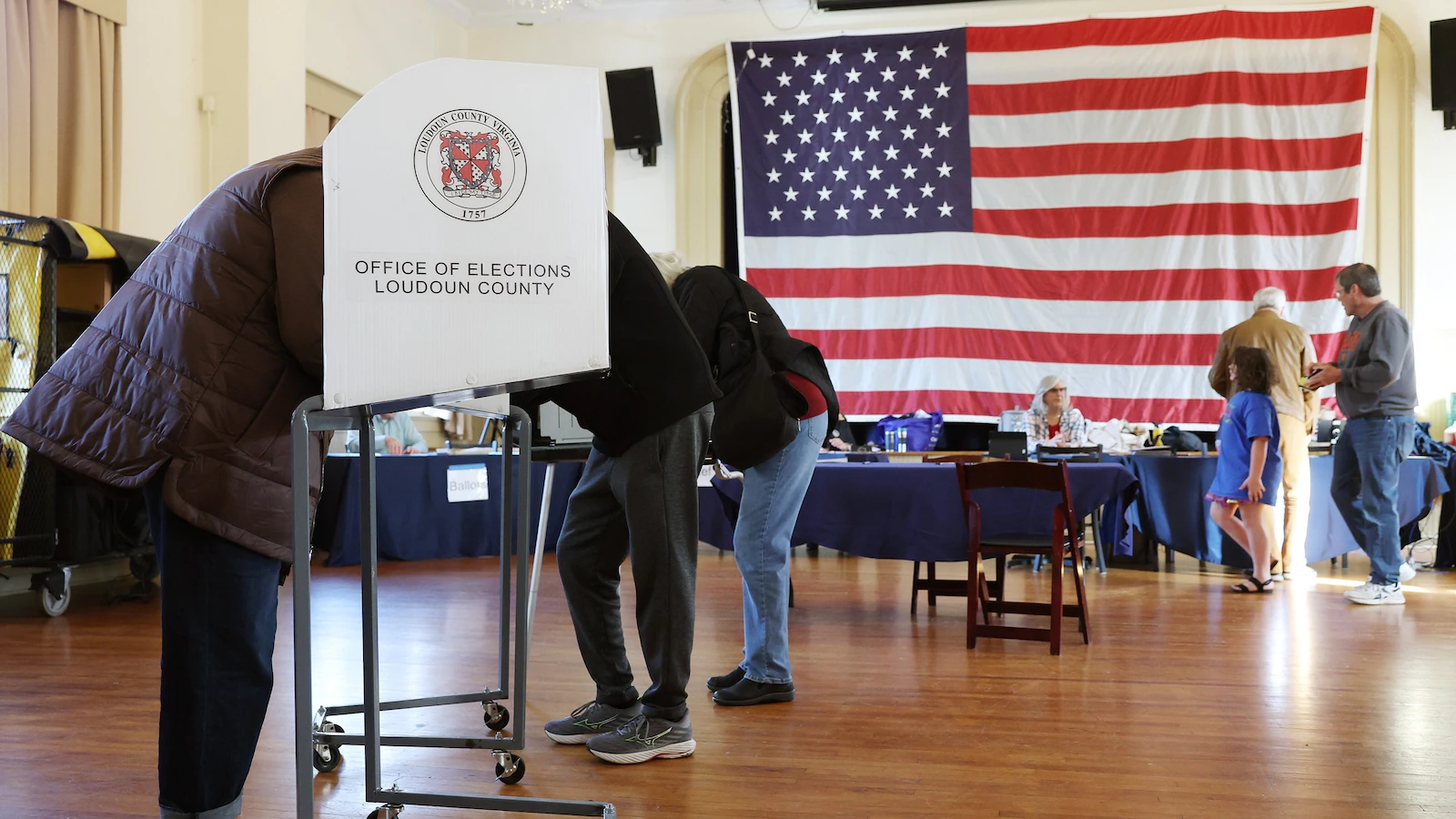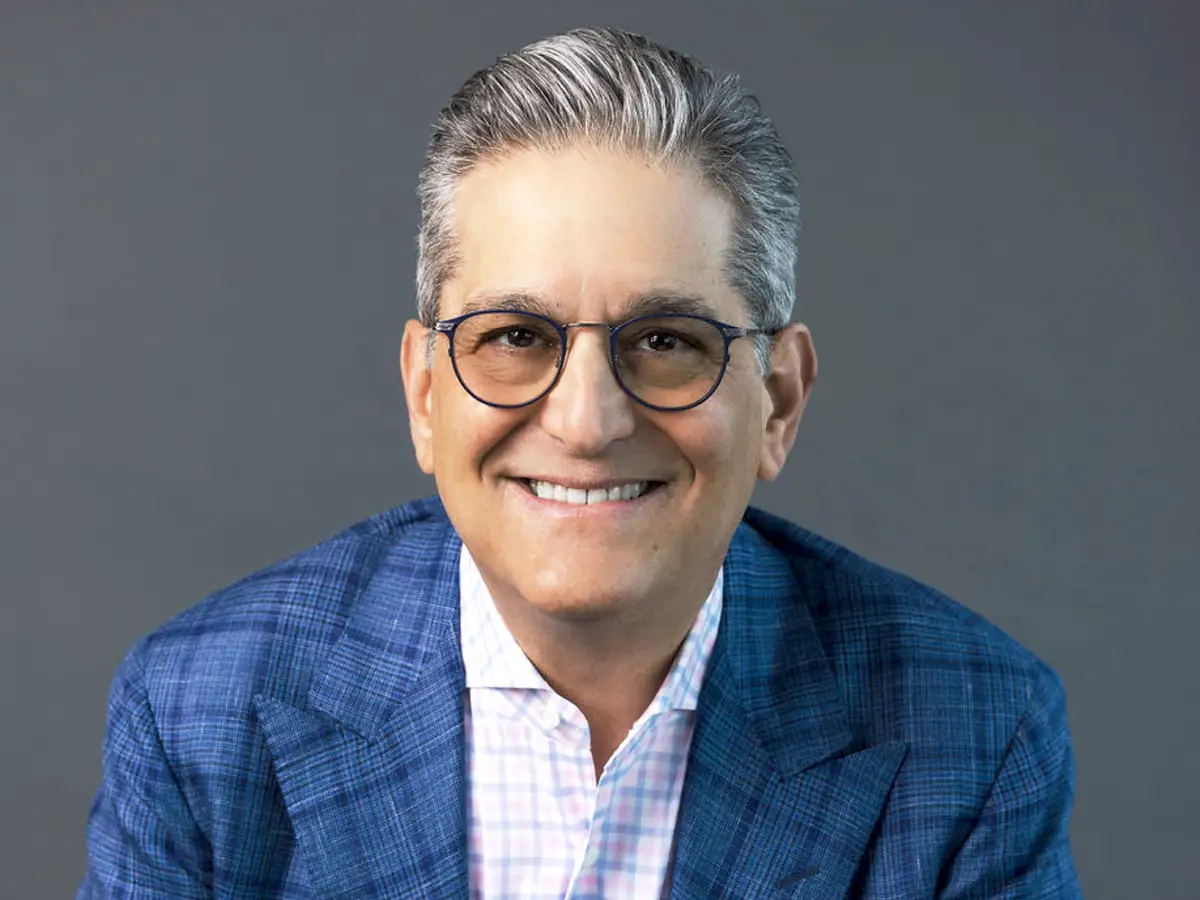Copyright The New York Times

To the Editor: Re “Are We Losing Our Democracy?” (editorial, Nov. 2): The editorial board’s sweeping catalog of the Trump administration’s threats to democracy makes a genuinely important contribution to an essential national conversation. The account, however, missed at least one important component of the slide into authoritarianism: the politicization of government employment. Whether through mass layoffs, changing the hiring and firing rules or subjecting rank-and-file employees to the equivalent of partisan rallies, President Trump is trying to turn the machinery of government into an obedient instrument of his unbridled will. Far from honoring his oath to take care that the law be faithfully executed, the president would prefer that the Civil Service concern itself entirely with the unquestioning pursuit of his partisan, retributive and often corrupt personal agenda. Peter M. Shane Brooklyn The writer is a distinguished scholar in residence at the New York University School of Law. To the Editor: America is no longer teetering on the brink of a constitutional crisis. For all intents and purposes, the Constitution has already collapsed. At its core, this foundational document was designed to prevent tyranny, but under the weight of relentless assaults on our freedoms by President Trump, with the full backing of Republicans in Congress, that commitment to liberty has been rendered impotent. James Madison, considered the principal architect of the Constitution, recognized the role that human shortcomings would play in effective governance when he wrote in the Federalist Papers, “If men were angels, no government would be necessary.” This sober view of human nature was key to providing safeguards in the form of checks and balances to ensure that no single individual or branch of government becomes too powerful. Now, nearly 240 years later, with Donald Trump’s return to the presidency, and the support of MAGA loyalists, the guardrails separating democracy and autocracy have begun to collapse. Jim Paladino Tampa, Fla. To the Editor: This is a sad but telling commentary. Why are Americans not more outraged about the many assaults President Trump has leveled against our democracy? Why do we seem to be passively accepting the crisis the nation is facing? One reason is the sorry state of civics education. Americans have little understanding of what democracy entails. More than 70 percent of Americans cannot pass a civic literacy test, and a third do not know there are three branches of government. If the United States is to recover from the erosion of its democratic norms, it must begin with young people, who have the most at stake. We need to revitalize the nation’s declining civics education and require it in high schools in all 50 states. It must be made clear to students that without checks and balances and a free press, democracy can quickly slide into autocracy. And they must be taught that there can be no democracy without citizens willing to rise up in its defense. Richard M. Perloff Cleveland The writer is a professor of communication and political science at Cleveland State University and the author of “The Dynamics of Political Communication: Media and Politics in a Digital Age.” To the Editor: As a refugee from Nazi Germany, I noticed that there is one indicator of authoritarianism that you did not mention: the use of masked agents grabbing people off the streets and from their workplaces, invading their homes in the wee hours and “disappearing” them without hearings or even allowing them to contact their relatives. I believe that the danger of this tactic outstrips all the others. Martin Oppenheimer Franklin Township, N.J. The writer is a professor emeritus of sociology at Rutgers University. To the Editor: I urge you to add another measure to your index of autocratic and anti-democratic developments under the Trump administration: a research-backed measure of the president’s personality characteristics. Autocratic leaders tend to share many characteristics, including narcissism, manipulativeness, a need for power and a lack of remorse. To not include a personality category when measuring a slide toward one-person rule is to miss the point. It is akin to issuing a police bulletin that outlines a crime but offers no mention of the perpetrator. Everything autocrats and their acolytes do must be viewed, at least in part, through the lens of personality. To fail to do so is to abet their power. It is to paint their actions with a sheen of respectability that is dangerously misleading. Marian Place Durham, N.C. The writer is a licensed clinical social worker. To the Editor: “Are We Losing Our Democracy?” is an important piece of journalism, but it raises yet another important question: Why is this happening now, after 250 years? To stop and reverse the autocratic slide, we must admit that our democracy was not actually working in the first place. For at least a decade before President Trump’s second term began, the federal government could not, with rare exceptions, get anything meaningful or important done and implemented. Even initiatives with clear popular support were often stalled by political polarization and extreme partisanship. A government of checks and balances requires compromise in order to function effectively. This paralysis happened not in a time of general satisfaction and well-being, but in a time of crises — of cultural identity, income inequality, information distribution — and a steep decline in the average American’s happiness and sense of security, for themselves and their children. For a society, this is a recipe for governmental change. Like it or not, President Trump has had a big impact on the direction of that change. But even without this president, we would need to find our way out of the crises and state of paralysis we’ve been in for too long. David Geltner Carlisle, Mass.



